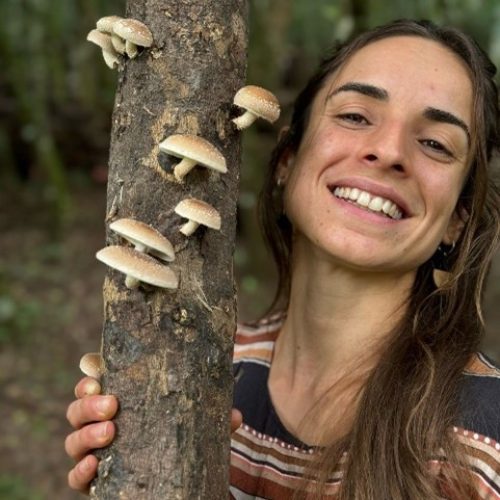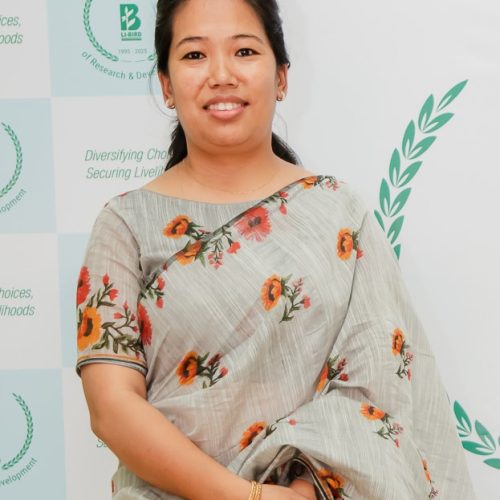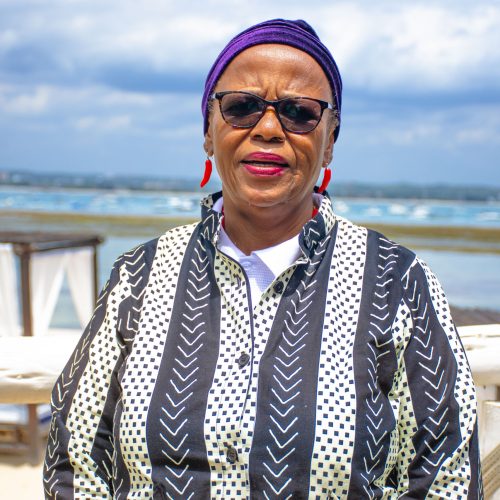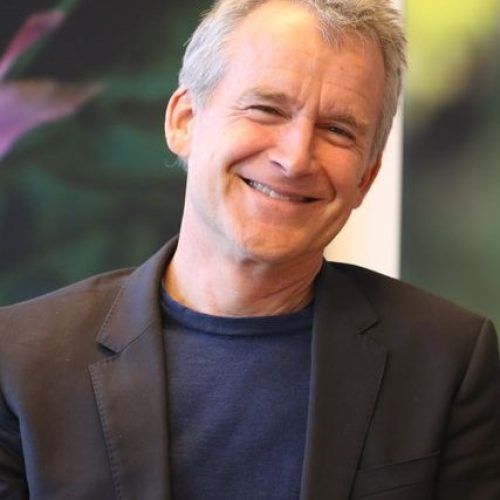Workshops
National Policies Upscaling Organics and Agroecology: New Breakthroughs and Lessons Learned
Introduction
Workshops are independently organised one or more sessions during the Organic World Congress. Workshops allow researchers, farmers, experts and students to meet face-to-face and have interactive discussions.
Workshops address various topics by extending the content of the 4 Tracks through case studies and group discussion.
Detailed Information
Main Topics
Case studies: national policies on several continents.
Specific policy examples for interventions supporting a wide range of central drivers for organics and agroecology: farmer transition to organics and agroecology, market development, organic public procurement, peer-to-peer learning among farmers, Participatory Guarantee Systems, organic input supply chains, labelling programmes, research & development and innovative financing mechanisms.
Lessons from inclusive and empowering national policy/strategy development and implementation strengthening civil society and farmer influence longer term.
New opportunities for inclusion of organic and agroecology policies in national climate and biodiversity plans
Main Objectives of the Workshop
There is a great interest from civil society organisations, farmer movements, policy makers and researchers in policies that can upscale organic farming and agroecology, and improve both markets and farmer livelihoods. Much of this interest focuses on national policies, as witnessed by global consultations in connection with new strategies (2024) for IFOAM – Organics International and the global Agroecology Coalition, that also has support for national policy development and best practices as a strategic priority.
In recent years, new policies for organics and agroecology have been developed across all continents, and there are rich lessons for not only what policies are working, but also for how to effectively advocate for national policies and ensure their financing and implementation.
The aim of this workshop is to bring together experienced practitioners to share lessons and knowledge as inspiration for actors working towards new national organic policies in their lands.
Main outcomes expected
Participants will gain inspiration (and hope) for policy development and advocacy in their own context. Stakeholders active on policy will build network but also return home with specific ideas to next steps in their national policy and advocacy work.
This will contribute to development of organic policy in more nations, with the benefits for farmers, climate, biodiversity, health and rural livelihoods that these policies can create.
Targeted Public
Organic stakeholders involved in policy development, research, extension, and market development.
Relevant for all regions and actors working on national policy frameworksfor organics and agroecology
Key Info
Dates:
4 Dec 2024
13:30 - 15:00(GMT+8)
conference room:
C322
Format:
English /Mandarin
Contact:
Paul Holmbeck, World Board Member IFOAM – Organics International
Director, Holmbeck EcoConsult (Denmark)
Website: https://paulholmbeck.com/
Target Audience:
Maximum Participants: 50-80 people

Karina Gonçalves David
Founder of ProNobis Agroforestry
Karina Gonçalves David is a young woman farmer, working with agroforestry and organic food systems since 2014. Karina is active in INOFO, the Inter-continental Network of Organic Farmer Organisations, representing INOFO, IFOAM – Organics International and the global organic movement at COP 28.
Karina is the founder of ProNobis Agroforestry, a life project together with Partner Thales, on a farm located in Campo Largo in the state of Paraná, in the south of Brazil. As a small farmer working with resilient agroforestry, Karina is constantly learning from nature and promoting biodiversity while at the same time creating solid food systems to tackle the climate crisis, recover degraded areas, restore forests while producing nutritious food. They focus on production of shiitake mushrooms on logs, integrating this with agroforestry systems, building on natural principles and mechanisms of the forest itself, while increasing resilience and diversity and providing positive income streams.

Rita Gurung
Team Leader, LI-BIRD
Rita has approximately 8 years of experience in the field of food and nutrition security enhancement through agricultural and natural resources management as a development professional. She obtained a Master’s degree in Agriculture Science (Economics) from the University of Western Australia (UWA), Australia, and Environmental Science from Tribhuvan University (TU), Nepal, and is dedicated to promoting evidence-based policy advocacy to enhance the local food system.
She is currently employed as a Team Leader at Local Initiatives for Biodiversity, Research, and Development (LI-BIRD), a national NGO focused on research and development in Nepal. In her role, she leads a project that promotes the local food systems through agroecology, prioritizing locally-led initiatives and nature-friendly solutions. Additionally, she works on empowering grassroots civil society organizations to build their adaptive capacity for a sustainable, resilient, and inclusive food system that provides access to healthy, nutritious food for all. She is also a member of the technical working group of the Agroecology Roadmap development initiative in Nepal as part of the Himalayan Agroecology Initiative.
For further information:
Email: [email protected]; [email protected]
Research gate: https://www.researchgate.net/profile/Gurung-Rita
Contact number: +977 9749825839

Dr. Mwatima Juma
Practical Permaculture Institute
Dr. Mwatima Juma, the chairperson of the Tanzania Organic Agriculture Movement (TOAM), plays a pivotal role in advocacy for organic farmers at all levels of government and society, and guides and supports TOAM in promoting Organic Agriculture, known as Kilimohai in Swahili. Dr. Mwatima played a central role in development of Tanzania’s National Ecological Organic Agriculture Strategy (NEOAS).
In her role as the Director of the Practical Permaculture Institute, Dr. Mwatima addresses the existing capacity gap in understanding regenerative and sustainable production systems. She is particularly focused on the impact of climate change and the importance of engaging youth early on in agriculture across its value chain.
When discussing organic agriculture, Dr. Mwatima remarks, “For me, it is a holistic way of life. I was raised on a farm where we grew organic produce without even realizing it. My involvement in the national organic agriculture movement began with efforts to reduce the use of chemical fertilizers and pesticides. Over time, through numerous national and international dialogues, and from my own experiences in the field, I have become convinced that organic farming within the framework of agroecology is the path we should follow. The philosophy and principles of agroecology go far beyond avoiding chemicals or seeking market opportunities. They can be applied to many areas of life.”
Dr. Mwatima is committed to adding value to the products of smallholder farmers, improving conventional farming methods, and enhancing their quality of life. Her mission extends to advocating for sustainable development at both national and international levels, with the belief that it should be embraced as a way of life for everyone.

Paul Holmbeck
World Board Member, IFOAM – Organics International, Director, Holmbeck EcoConsult, fmr Director Organic Denmark.
Paul Holmbeck played a leading role over 25 years in developing Denmark’s ambitious organic goals and policies and a strong organic organisation as a driving force for change in the market, in farming and public sector meals.
Paul’s team spearheaded policy and collaborations towards Denmark’s goal of 60% organic in public meals, and the market partnerships with major retailers that – together with effective consumer communication and policy action — made Denmark the world leader in organic sales, with organic market shares of 30-60% for basic foods like milk, eggs, flour and many vegetables and fruits.
Since 2020, Paul has been advising leaders in government, business, and NGOs around the world on organic policy, advocacy strategies and organic market development. Most recently chosen by the European Commission to present best organic policy practice for ministry officials from the 27 EU member nations, and providing advocacy masterclasses for members of IFOAM Organics Europe. Paul is currently advising in The Netherlands, Canada, Tanzania and Uganda.
Articles and more info: https://paulholmbeck.com/ and Linked In.